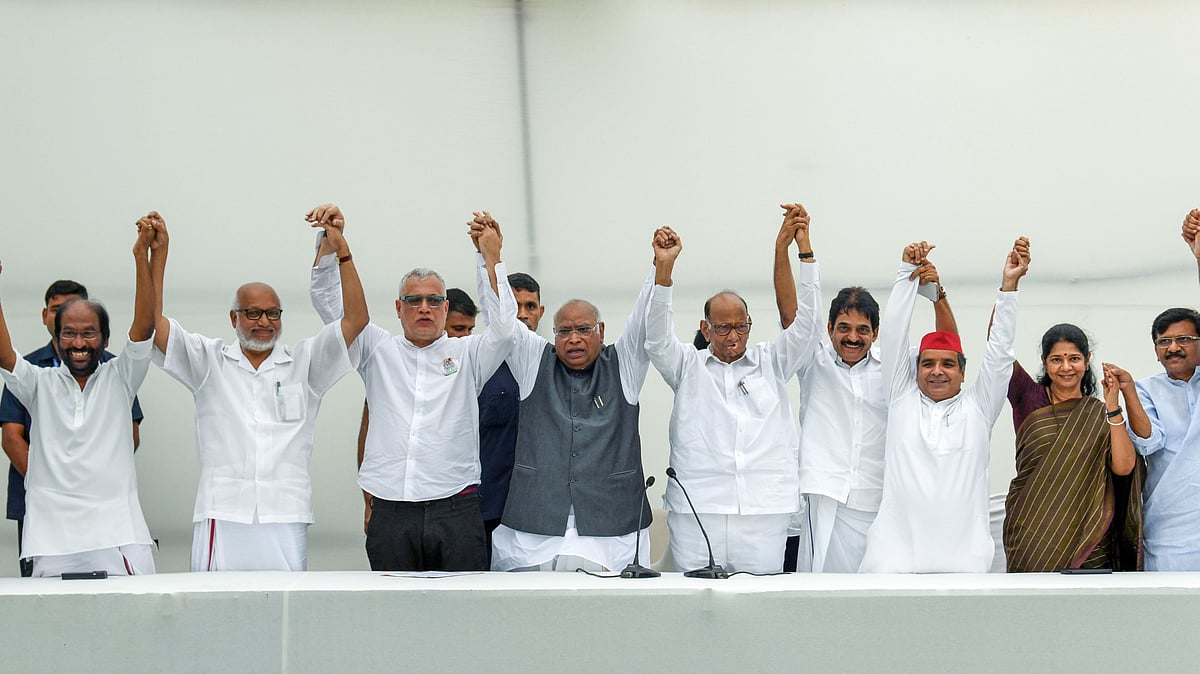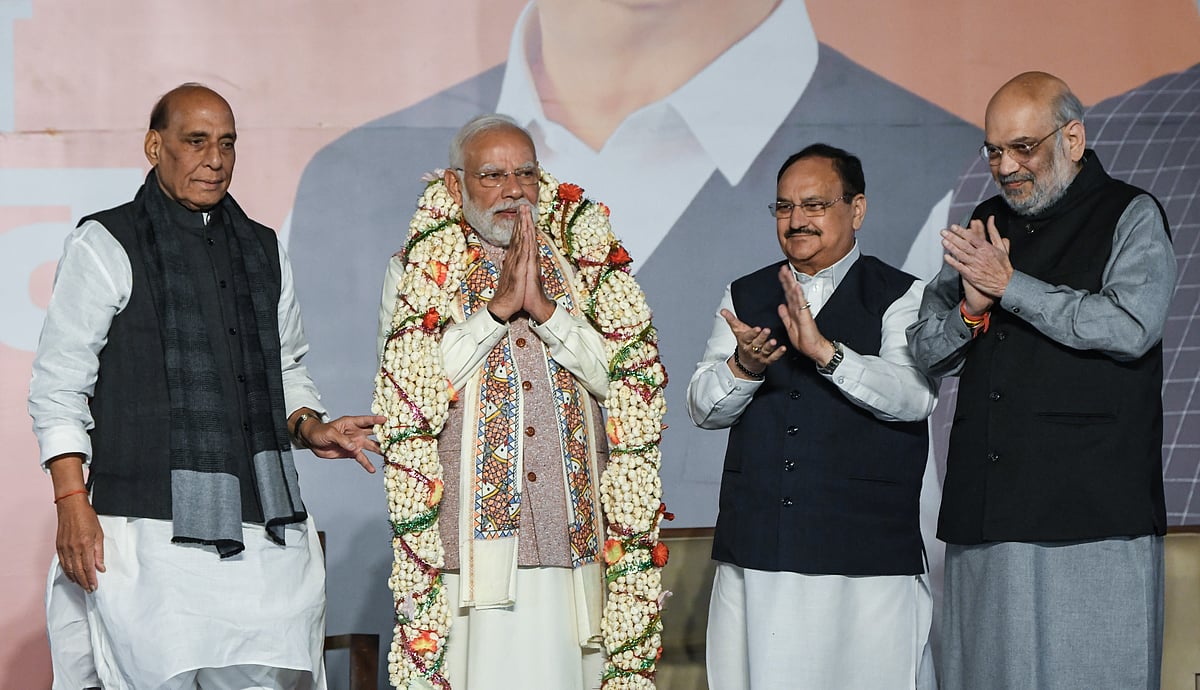The campaign for the Maharashtra and Haryana assemblies is set to end on Monday, October 13. Regardless of the outcome, the Prime Minister will have little to deflect him from the urgent task of governance. He must get down to figuring out how to deliver on the election-time promise of ‘acchhe din.’ Modi is fortunate that the Opposition, such as it is, continues to be in disarray. What is more, global economic conditions are turning out to be most favourable as well. Both crude oil prices and commodities are in the grip of a downward spiral. Indeed, for the first time in years, oil marketing companies are actually earning on the retail sale of diesel. This should help cut down the fuel subsidy bill, though subsidies on kerosene and LPG are still high. Even the forex outgo on gold imports has dropped sharply, thanks to lower demand and a sharp drop in international prices. Further, there is a welcome dip in the consumer price inflation, though not enough for the central bank to consider a cut in the policy rates. Given these positive factors, one would think it is the most propitious time for the Modi Government to unveil his policy initiatives and to press ahead with the long-pending reforms. The Prime Minister must consider himself fortunate that despite the absence of any far-reaching reform in the economic sphere, the entire corporate world continues to still pin hopes on him to a) undo the retrograde land legislation enacted by the previous government, and, more importantly, b) to usher in long-pending financial and economic reforms. So far Modi has given no hint that he is moving in that direction. In fact, the signals have been negative. Whether it is the universalisation of the Aadhar scheme or the launch of the brand new Jan Dhan programme, these strictly fall in the growing entitlement realm and entail a further burden on the exchequer. Nearly five months after the installation of what is easily the most heavily corporate-backed government, Modi has little to show that he has made things easier for the growth of industry, commerce, etc. Yes, `Make in India’ is a huge promise, but it is still a promise of intent and far from being translated into reality. But what about the known bottlenecks? The two big ones which easily come to everyone’s mind pertain to the retrograde land acquisition law and the ancient labour laws, which have artificially kept employers from hiring even when they need to, in order to fulfill production commitments. The Rajasthan Government did take the lead in tweaking the labour laws, but not sufficiently enough, though one cannot grudge whatever initiative it has shown in this regard. As for the Modi Government, alas, it is yet to show its hand in the matter. Though it might cite the lack of majority in the Rajya Sabha to justify its passivity on the labour laws, industry is unlikely to be convinced, especially when Modi has justifiably acquired a reputation for achieving what he sets out to achieve. The lack of majority in the Upper House cannot be a millstone around this government’s neck, given that the NDA is unlikely to get a majority at till after four years of the Modi Government. So, the PM must busy himself devising ways to push through the urgent labour reforms regardless of the hostile numbers in the RS. By the way, like all regimes, this one too will know how to secure the cooperation of Mayawati and Mulayam Singh, should it make up its mind to push through a particular legislation.
Therefore, the excuse about the lack of majority in the RS is unlikely to fly. Again, the government has a first-rate opportunity to disinvest in big-ticket PSUs and to privatise the wholly wasteful ones such as Air India, ITDC, etc. Bold decisions are expected from this government. Neither the fear of a weak and divided opposition nor that of vested interest in the trade unions should discourage the government from doing the right thing by the people. One does not see any need for the government to pump in thousands of crores in Air India at regular intervals now that we have many excellent private airlines. Likewise, we do not have any rationale for the government to manage five- and four-star hotels when far superior hotels are a dime-a-dozen in the private sector. It may be mentioned here that the government had first felt obliged to run airlines and hotels because there were no private players in these sectors. One can pile on further items on Modi’s agenda, — for instance, the irrational apex court decision to cancel wholesale coal allocations is one such — suffice it to say that after the Assembly elections, the time for action has come. He should begin to deliver on the promises lest the people lose faith in him.





